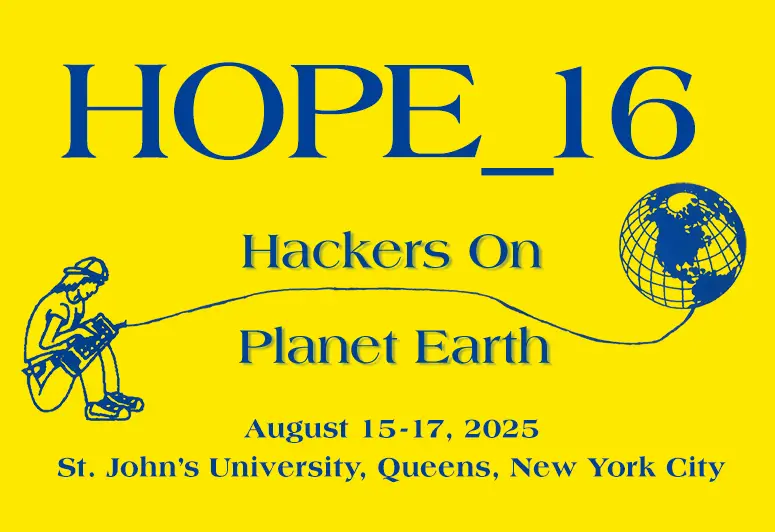
The annual Hackers On Planet Earth (HOPE) conference—an iconic gathering in the global hacker community since 1994—has faced a dramatic decline in ticket sales. Organizers revealed that, three months ahead of the event, sales are lagging nearly 50% behind last year’s figures. The primary reason cited is mounting apprehension among international attendees over the U.S. government’s aggressive deportation policies and heightened border scrutiny under the administration of Donald Trump.
Traditionally drawing around a thousand participants and relying almost entirely on ticket revenue for funding, the conference is now feeling the strain not only financially but also in terms of the diversity and richness of its content. One of the organizers, Greg Newby, confirmed that while the event is not in immediate danger of cancellation, it may become necessary to significantly reduce the rented venue space to cut costs.
The conference chair acknowledged that various factors behind the decline are under consideration, but for many prospective attendees, the prevailing sentiment is one of unease when traveling to the United States. Concerns over interrogations and detentions at the border have deterred numerous individuals.
One such example is the withdrawal of hacker and consultant Thomas Kranz. In a letter to the organizers, he shared that several of his friends attempting to attend the RSA Conference in San Francisco had been detained at the border, with their electronic devices—from laptops to MP3 players—confiscated and still not returned. Kranz suspects he too would be denied entry, owing to past conflicts with the FBI and his outspoken criticism of the U.S. government. He recalled that in the 1990s, after PGP creator Phil Zimmermann fled to Canada, Kranz hosted the encryption source code on a European server—prompting the FBI to demand its removal. His reply was a map labeled “NOT THE USA,” accompanied by the message: “Buzz off.”
Kranz described his decision to forgo HOPE as a painful one, emphasizing that the forum remains true to the hacker ethos and offers a rare space for dialogue and knowledge-sharing.
In a public statement, the conference curator underscored that the U.S. government’s anti-immigration stance exerts a “chilling effect,” deterring legitimate travel. Organizers added that they are working closely with organizations such as the American Civil Liberties Union (ACLU) and the Electronic Frontier Foundation (EFF) to educate international participants on their rights and potential risks. The HOPE website features detailed travel advisories, warning that U.S. border agents may seize electronic devices without suspicion and deny access to legal counsel until an entry decision is made.
For those unwilling to take the risk, a virtual participation option remains available, offering live access to lectures and workshops. The conference will be held from August 15 to 17 at St. John’s University in New York City.


